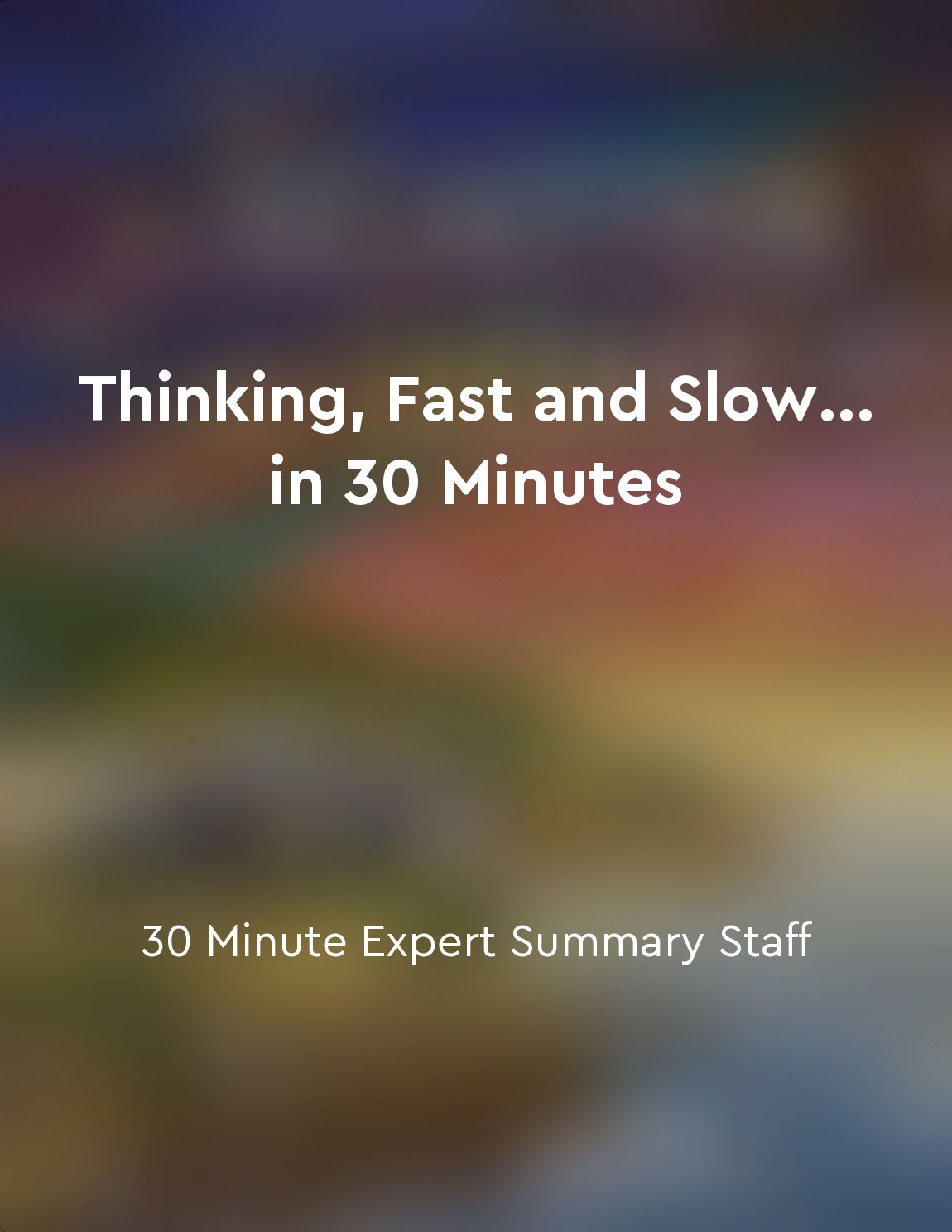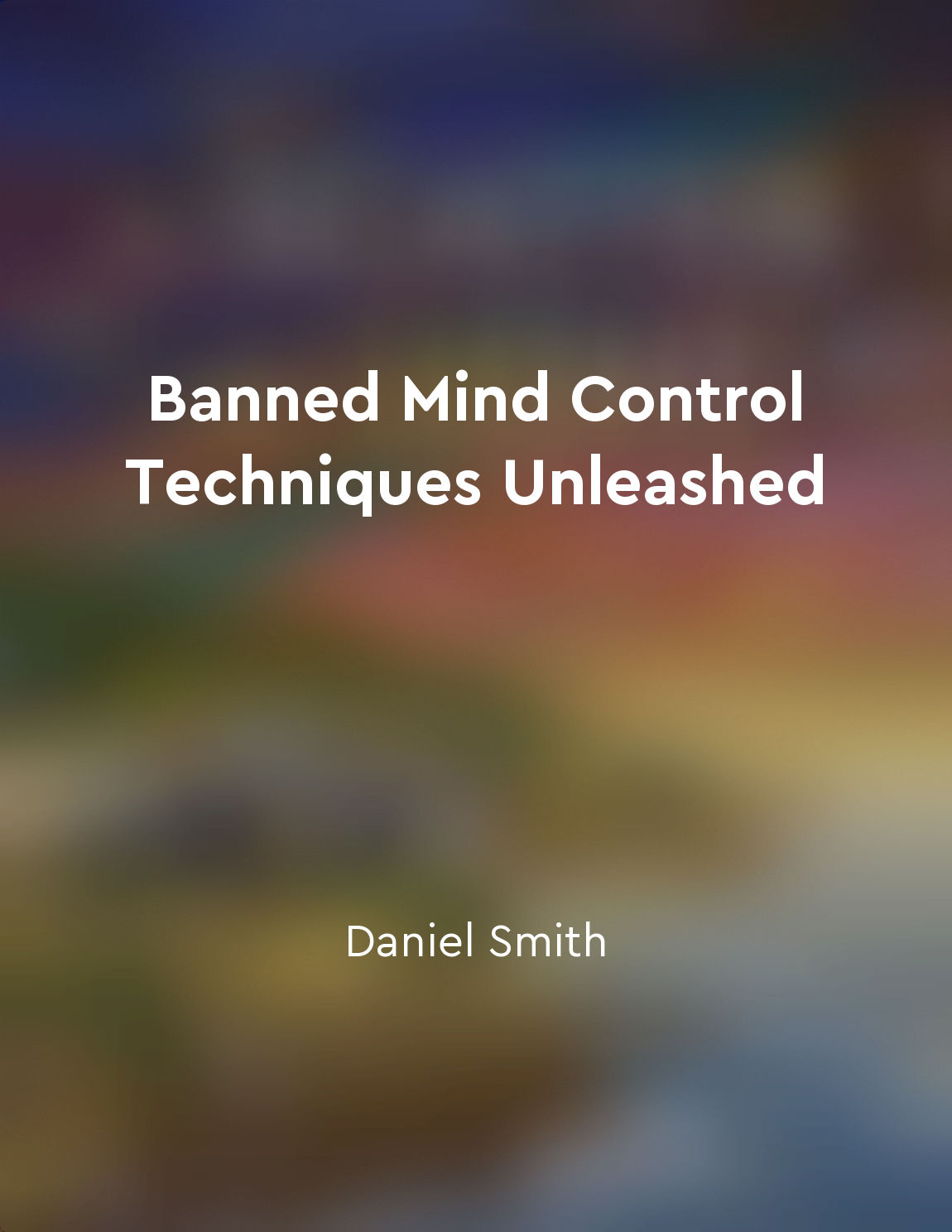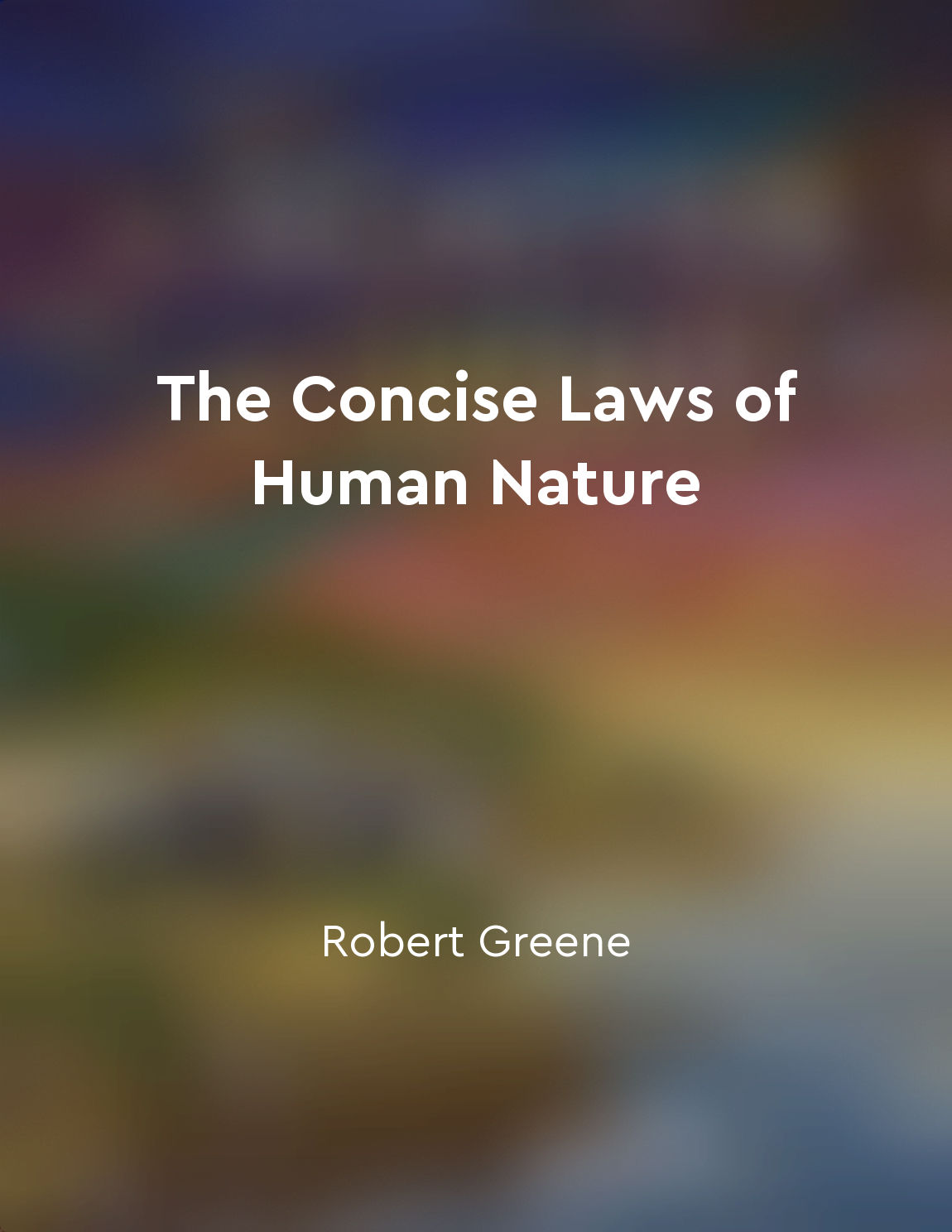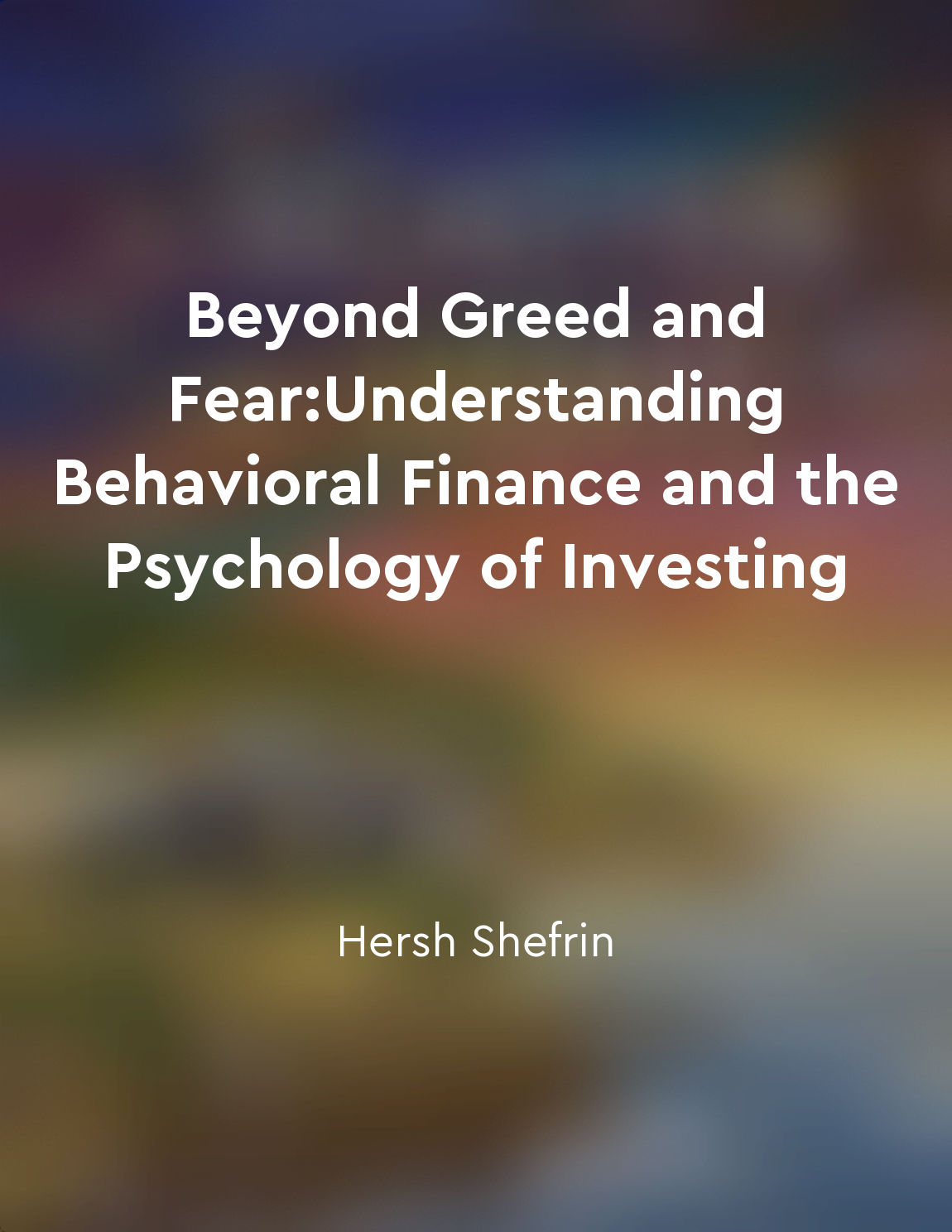Regret aversion influences decisionmaking processes from "summary" of Beyond Greed and Fear:Understanding Behavioral Finance and the Psychology of Investing by Hersh Shefrin
Regret aversion is a powerful force that can significantly impact decision-making processes. People are often driven by a fear of regret - the feeling of disappointment or remorse that comes from making a wrong decision. This fear can lead individuals to avoid taking risks or making decisions that could result in regret. Instead of focusing on potential gains, individuals may be more concerned with avoiding losses and the regret that comes with them. When faced with a decision, individuals may weigh the potential outcomes based on their emotional response to regret. They may be more likely to choose options that minimize the chances of regret, even if these choices do not offer the highest expected value. This bias can lead to suboptimal decision-making, as individuals may forego opportunities for greater gains in favor of avoiding potential regret. Regret aversion can also influence how individuals evaluate past decisions. If a decision leads to a negative outcome, individuals may experience heightened regret and be more likely to dwell on what could have been done differently. This tendency to focus on regret can impact future decision-making, as individuals may be more hesitant to take risks or make bold choices in an effort to avoid similar feelings of regret.- Regret aversion plays a significant role in shaping the way individuals make decisions. By understanding this concept and being aware of its influence, individuals can work to overcome this bias and make more rational and informed choices. It is important to recognize when regret aversion is driving decision-making and to consider the potential long-term consequences of avoiding regret in the short term. By acknowledging and addressing this bias, individuals can strive to make decisions that are based on sound reasoning and logic rather than fear of regret.
Similar Posts

Confirmation bias reinforces existing beliefs
Confirmation bias is a cognitive bias that affects how we process information and form beliefs. Our tendency to seek out inform...
Memories can bring both joy and sadness
Memories have a way of sneaking up on you when you least expect them. They can come flooding back in an instant, bringing with ...
Stress can impair our judgment
Our ability to make sound decisions can be compromised by stress. When we are under pressure, our brains can become overwhelmed...

The language we use shapes our perceptions and beliefs
In the world of communication, language is not just a tool for expressing thoughts or ideas. It is also a powerful force that s...
Setting clear financial goals is vital
Setting clear financial goals is vital. Without a specific target in mind, it's easy to drift aimlessly in the world of persona...
Fear and greed drive financial decisions
Fear and greed are powerful emotions that can have a significant impact on the decisions we make when it comes to our finances....
Emotional intelligence can be a competitive advantage
In today's fast-paced and highly competitive world, having a high level of emotional intelligence can truly make a difference i...

Education is key in safeguarding against manipulation
The importance of education in protecting oneself from manipulation cannot be overstated. When we are well-informed and knowled...

Confirmation bias reinforces existing beliefs
Confirmation bias occurs when we seek out information that confirms our existing beliefs while ignoring or discounting evidence...

People are often unconsciously drawn to those who mirror their own qualities
This concept reveals a fundamental truth about human nature: we are naturally attracted to those who reflect our own qualities....


